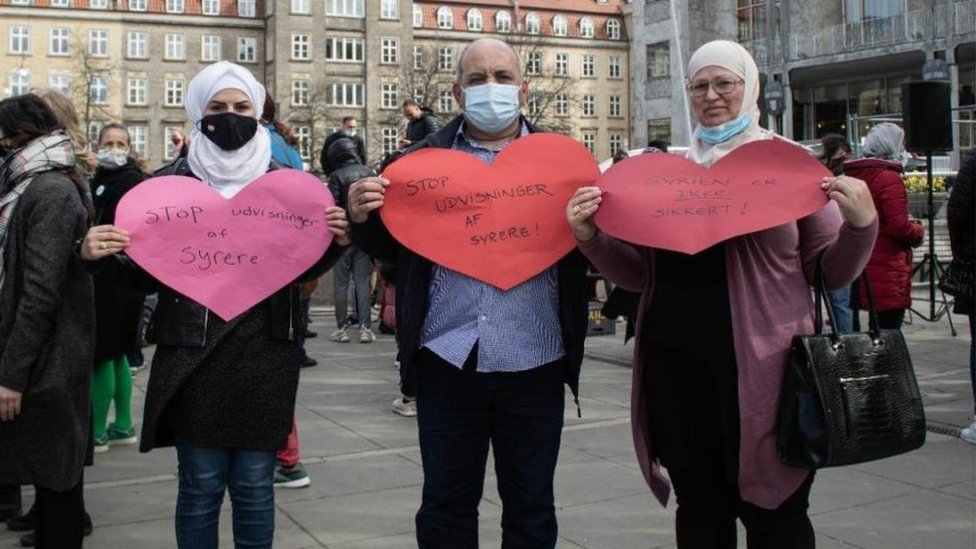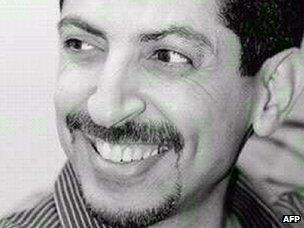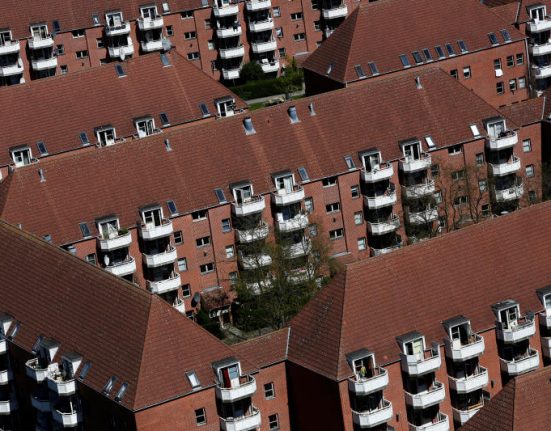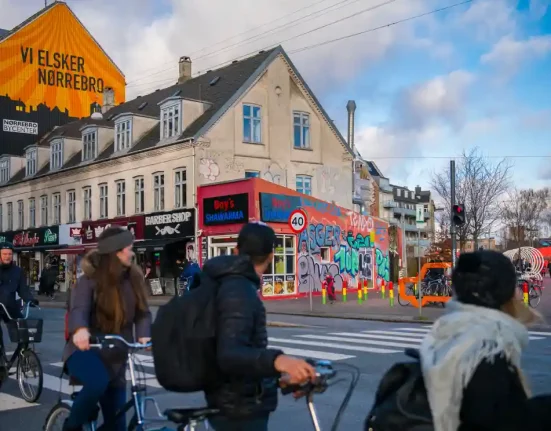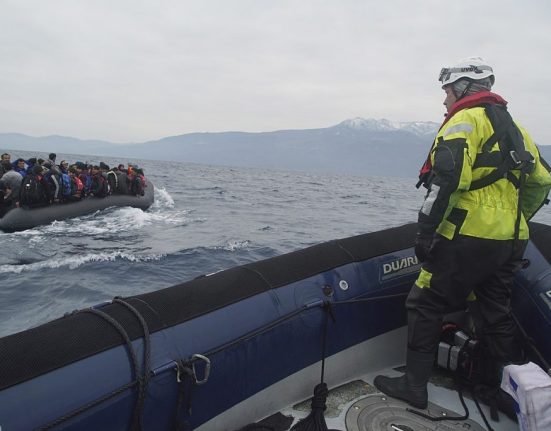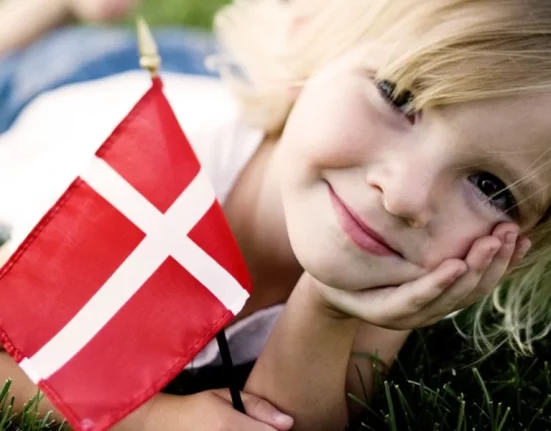After Denmark became the first European country to withdraw the residency status of more than 200 Syrian refugees last month, it was with anger from EU legislators, the UN refugee organization, and human rights organizations.
According to officials in Copenhagen, areas of Syria are now secure enough even for immigrants to return.
While having a liberal image, Denmark has been recognized for constantly increasing its immigration laws in recent years. Separately, it just inked a migration deal with Rwanda, sparking rumours that it plans to construct an asylum-processing centre there.
There are almost 200 Syrian nationals whose residence has been revoked because Damascus and its environs are now deemed secure.
Around 35,000 Syrians reside in Denmark, more than a decade after the crisis in Syria erupted. Over 1,200 immigrants from the greater Damascus area evaluated their cases last year by the immigration office.
Women and the aged make up the majority of people receiving temporary refugee visas, while younger males facing military conscription were typically offered other protection.
The government claims that it has always been evident that its safeguards were just temporary.
Hundreds of people are still looking forward to hearing what will next, and many are subjected to lengthy appeals:
● Danish Immigration System has ruled on 300 cases, as per early estimates.
● Approximately half of the requests given rise to new or modified permissions.
● In addition to the 100 refugees who had their rights removed or not extended in 2020, 154 immigrants had their rights removed or not extended in 2019.
● The Refugee Board has issued final rejections to 39 refugees from the Damascus region.
The Danish Legal Immigration assessments use to inform the government’s decision. However, 11 of the 12 specialists quoted in a study have disputed the conclusions, with the 12th being a Syrian general in charge of the country’s immigration agency.
In a statement to Prime Minister Mette Frederiksen, 33 Euro MPs called for a “180-degree shift” in Denmark’s migration policy.
Denmark cannot carry out forcible deportations since it has no diplomatic relations with President Bashar al-administration.
According to Michala Bendixen, the Danish organization Refugees Welcome leader, Assad’s So, the alternatives are either voluntary repatriation or limbo in a “departure” centre.
“The whole idea of establishing those camps was to pressure people to go back. To give up their hopes of staying in Denmark. You have no income. You can’t work. You can’t study. Even Danish prisons are much better in many ways.”
The foreign minister supported the state’s policy to withdraw the resident status of hundreds of Syrians as residents of Denmark’s Syrian minority protested outside parliament on Tuesday.
The number of asylum applicants dropped to 1,500 the year before. Only 600 persons received refuge, the lowest number in three decades.
Denmark gets very little money from migrants.
Inger Stojberg, then-Integration Minister, celebrated her 50th immigration restriction in 2017 by publishing a photo of herself with a celebration cake on social sites. The governing Social Democrats have taken a harsh line to earn back voters from right-wing parties.


